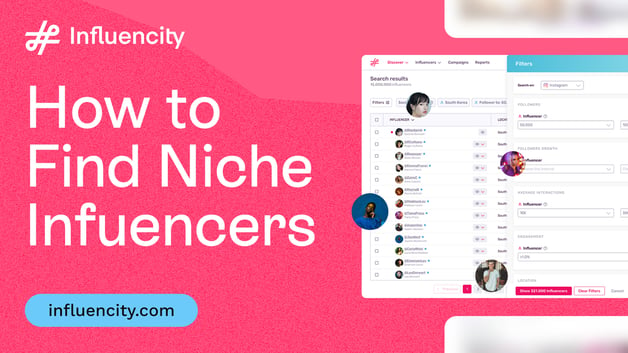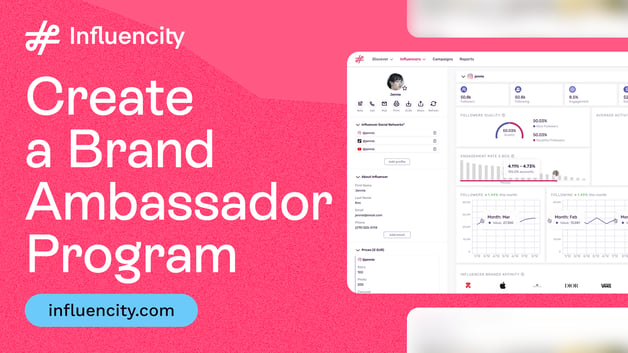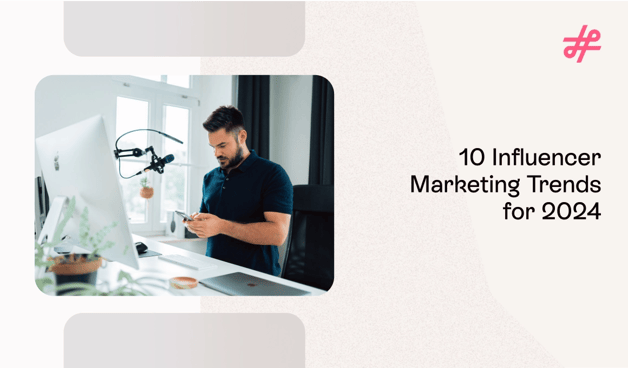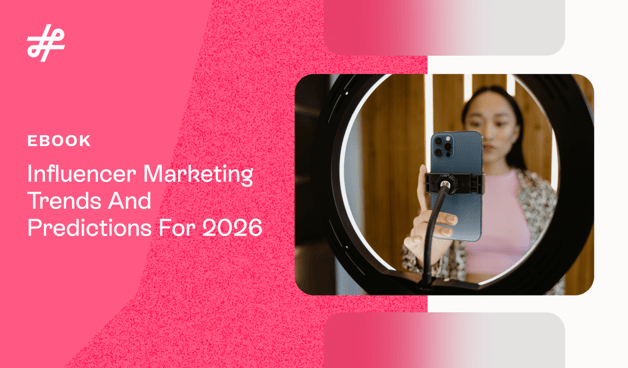Content Creator vs. Influencer: What’s the Difference?
Many brands, especially those with little experience in influencer marketing, find it difficult to distinguish between a content creator vs an influencer. This is understandable given that both profiles share similarities. However, they also possess distinct characteristics that influence their specific role in a promotional campaign.
So, what exactly is the difference between a content creator and an influencer?
In this article, we will clarify the distinction between content creators and influencers in the marketing world. We will explain their specific roles, the types of content they produce, and when businesses should collaborate with each category for different objectives.
Content Creator: Definition
A content creator is an individual who produces and shares original content across various digital platforms to engage, inform, entertain, or educate an online audience. Content creators use their creative skills to develop a wide range of materials, such as articles, videos, images, podcasts, social media posts, blogs, and more. Their content aims to resonate with specific target audiences, often aligning with a particular niche, industry, or interest.
Content creators play a pivotal role in shaping digital culture and communication. They craft compelling narratives, visually appealing images, and informative resources that cater to the preferences and behaviors of their followers. Through their content, they may share personal experiences, expertise, opinions, or stories, fostering authentic connections with their audience.
The role of a content creator extends beyond content production; they engage in audience interaction, respond to comments, and adapt their content strategy based on feedback. In the context of influencer marketing, content creators with a strong online presence and engaged following are sought after by brands to collaborate on promotional campaigns. Their ability to organically integrate branded messaging into their content allows brands to reach a broader and more receptive audience, capitalizing on the trust and influence these creators have established within their communities.
Influencer: Definition
An influencer is an individual who has established credibility, expertise, and a substantial following within a specific niche or industry, often on social media platforms. Their role involves leveraging their authenticity, knowledge, and engaging content to sway the opinions, behaviors, and purchasing decisions of their dedicated audience. Ultimately, influencers harness the power of their online presence to create meaningful connections and drive engagement, making them valuable partners for brands seeking to promote products, services, or messages.
In terms of content, influencers produce a wide array of influencer marketing content tailored to their niche and audience preferences.
These content types include:
- Social media posts: Influencers share images, videos, and text updates on platforms like Instagram, Facebook, Twitter, and TikTok. These posts often reflect their personal experiences, opinions, and recommendations.
- Blogs and articles: Influencers write in-depth articles or blog posts discussing topics within their expertise. These pieces provide detailed insights, advice, and reviews to inform and engage their audience.
- Videos: Influencers create video content for platforms like YouTube or TikTok. Videos can encompass vlogs, tutorials, challenges, product reviews, unboxings, and more.
- Podcasts: Some influencers host podcasts, discussing relevant topics, sharing stories, and inviting guests to provide insights on subjects of interest to their audience.
- Live streams: Live streaming on platforms such as Instagram Live or TikTok allows influencers to interact directly with their audience in real-time, answering questions and sharing their thoughts on various subjects.
- Webinars and workshops: Influencers sometimes offer educational sessions or workshops, sharing their knowledge and expertise with their audience in a more structured format.
- Infographics and visual content: Influencers create visually appealing content, such as infographics or visual guides, to convey information or data in a concise and engaging manner.
Content Creator vs Influencer: Key Differences
So, we’ve seen what they are, but what are the key differences between a content creator vs an influencer? How do you know which profile you should be working with?
Let’s explore.
Should You Work with a Content Creator?
Brands might choose to collaborate with content creators if they are looking for:
- Expertise and depth: Brands looking for in-depth and informative content can partner with content creators who can produce detailed resources, tutorials, guides, or reviews within their niche.
- Quality focus: Content creators prioritize high-quality, well-researched content that resonates with niche audiences, ideal for brands looking to educate and engage.
- Building authority: Collaborating with content creators can help brands establish themselves as authoritative sources within their industry by aligning with experts.
- Educational campaigns: When brands aim to provide in-depth knowledge or address complex subjects, a content creator’s ability to delve into details can be invaluable.
Should You Work with an Influencer?
Brands might choose to collaborate with influencers if they are looking for:
- Brand awareness: Influencers can quickly amplify brand exposure due to their large and engaged following, making them effective for boosting brand visibility.
- Targeted reach: Influencers have the ability to reach specific demographics or niches, enabling brands to connect with a desired audience segment.
- Authenticity and trust: An influencer’s authentic and relatable content can foster trust among their followers, making them effective in promoting products or services. This is especially true if you work with a brand ambassador on an ongoing basis or focus on creating user-generated content.
- Quick promotions: When time-sensitive promotions or product launches are needed, an influencer’s ability to generate immediate engagement is a highly desirable benefit.
Content Creator vs. Influencer: Summing Up
Essentially, a content creator primarily focuses on creating engaging, informative, or entertaining content within a specific niche, often driven by their creative passion or expertise. Content creators may not have a massive following but are valued for their high-quality content and ability to create in-depth, valuable resources. As a result, they are best suited to brands seeking authoritative, educational, and in-depth content.
An influencer, in turn, is someone who has built a substantial and engaged following within a particular niche or industry. They hold the power to influence their audience's opinions, behaviors, and purchasing decisions due to their credibility and authority. Influencers are known for their ability to sway public sentiment and drive engagement, often being sought after by brands for promotional collaborations. As a result, they are best suited to brands looking to rapidly expand brand awareness, target specific audiences, build trust, and execute quick promotional campaigns.
Ultimately, whether a content creator vs. an influencer is best for your brand will depend on your specific campaign goals and expectations. Think about what you want to achieve, the nature of your product or service, and the audience you want to reach. Or you could even go for a combination of both. You could start with a content creator to establish a solid foundation of informative content, and then collaborate with an influencer to amplify that content and drive conversions. That way, you can maximize the effectiveness of your marketing efforts and achieve your desired results.
Tags:






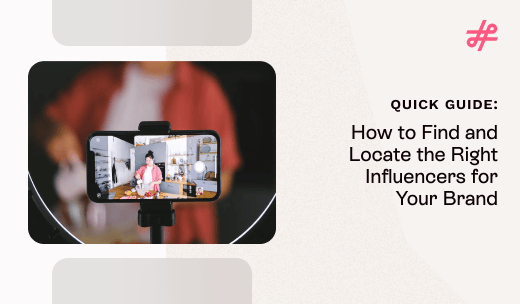


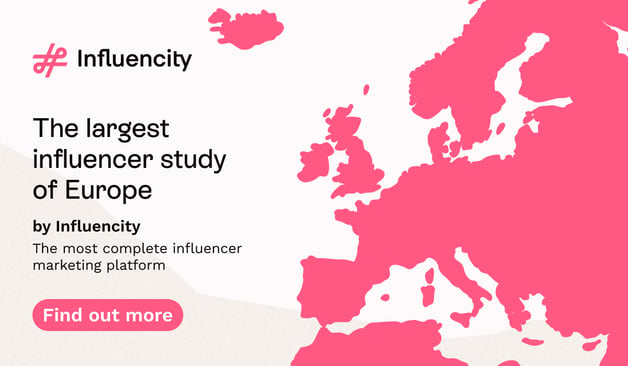

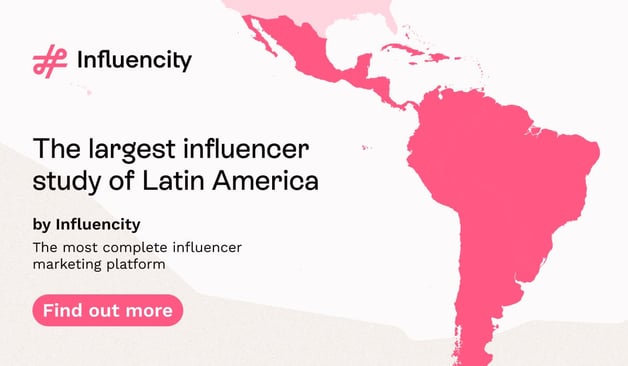


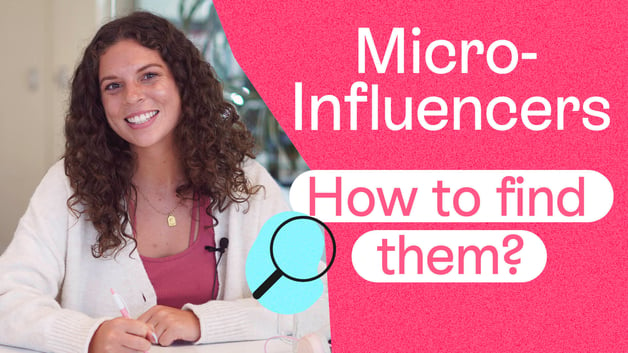


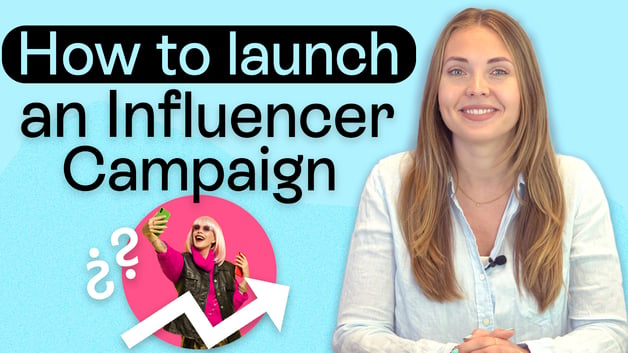

%20and%20How%20Can%20They%20Benefit%20Your%20Brand%20article.jpg?length=628&name=What%20Are%20Key%20Opinion%20Leaders%20(KOL)%20and%20How%20Can%20They%20Benefit%20Your%20Brand%20article.jpg)
